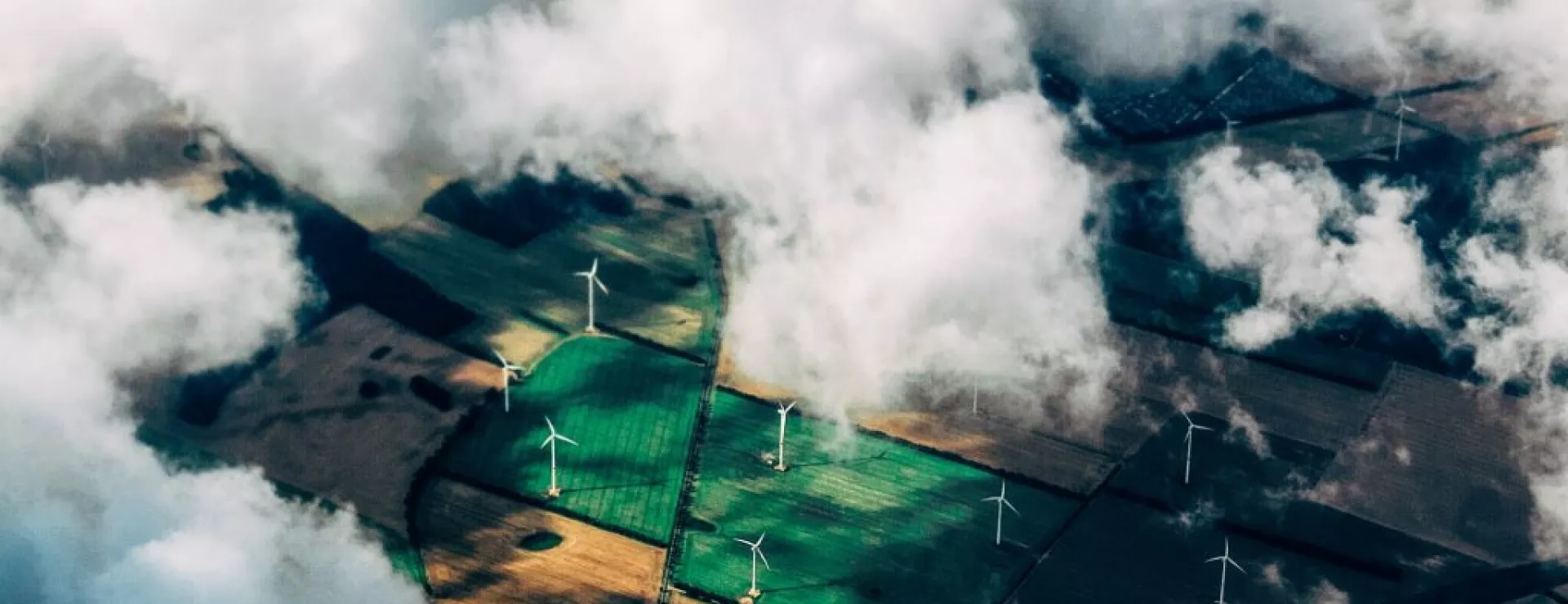Lights On: The State of International Development Finance, Coal and Green Energy


On October 31, 2021, the Group of 20 (G20) made a historic announcement by committing to end finance for coal-fired power plants overseas.
The G20 pledge caps a year of major sustainable finance pledges from national governments and their development finance institutions (DFIs) since the inaugural 2020 Finance in Common Summit, where DFIs pledged to align their financing with the goals of the Paris Agreement. In that time, the landscape of development finance has shifted dramatically in favor of developing countries with green energy transition goals.
As a result, a new policy brief by the Boston University Global Development Policy Center finds that as of November 1 2021, every major DFI that lends internationally has committed to ramping up support for green energy, with 99 percent of internationally available development finance committed to reducing or ending coal finance support and increasing support for renewable energy.
The policy brief charts the commitments made across DFIs up to November 1, 2021, analyzing how they affect the scope of available development finance and outlining policy recommendations for borrowers and lenders alike.
In this brief, while we restrict our attention to renewable energy and coal, understanding how DFIs continue to support oil and gas would provide a more comprehensive picture in understanding how these DFIs might achieve the Finance in Common pledge. In fact, more can be done to improve existing commitments, policies, and assistance related to coal and renewable energy